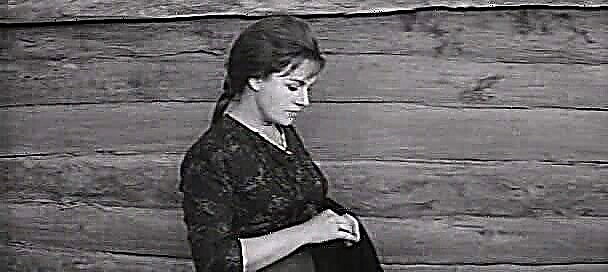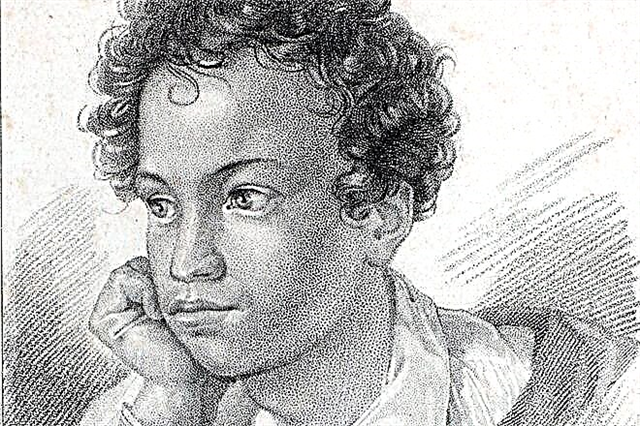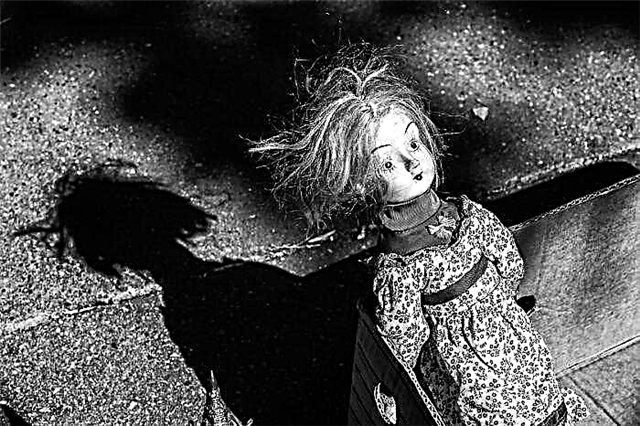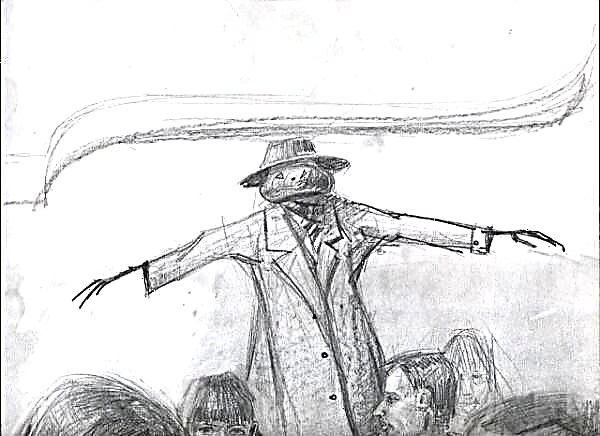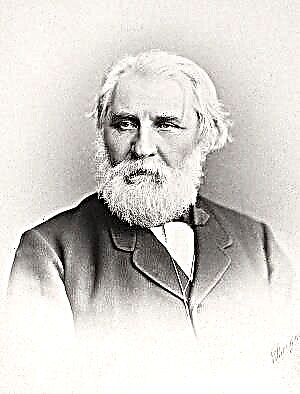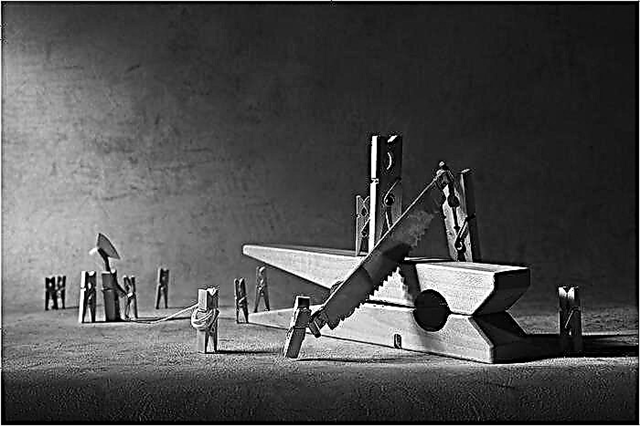Peace is not for Robinson, he hardly hats in England for several years: thoughts about the island haunt him day and night. His wife's age and prudent speeches hold him for the time being. He even buys a farm, intends to engage in rural labor, to which he is so accustomed. Wife's death breaks these plans. Nothing else holds him in England. In January 1694, he sailed on the ship of his nephew captain. He is faithful Friday, two carpenters, a blacksmith, a certain "master in all kinds of mechanical work" and a tailor. It is difficult to even list the cargo that he takes to the island; everything seems to be provided for, including “brackets, loops, hooks”, etc. On the island he expects to meet the Spaniards, with whom he missed out.
Looking ahead, he talks about life on the island with everything he later learns from the Spaniards. Colonists live unfriendly. Those three inveterate that were left on the island did not come to their senses - they idle, do not engage in crops and herds. If with the Spaniards they still keep themselves within the bounds of decency, then they are mercilessly exploiting their two compatriots. It comes to vandalism - trampled crops, destroyed huts. Finally, the Spaniards burst with patience and this trinity is expelled to another part of the island. Savages do not forget about the island: having learned that the island is inhabited, they run into large groups. There are bloody battles. Meanwhile, the restless trio begs a boat from the Spaniards and visits the nearest islands, returning with a group of natives, in which there are five women and three men. British women marry women (religion does not allow the Spaniards). The common danger (the biggest villain, Atkins, shows itself perfectly in the battle with the savages) and, possibly, the beneficial odds are completely transformed by the odious British (there are two of them left, the third died in the battle), so peace and harmony are established on Robinson’s arrival .
Like a monarch (this is his comparison), he generously endows the colonists with inventory, provisions, dress, settles the last differences. Generally speaking, he acts as a governor, who he could very well be if it were not for the hasty departure from England, which prevented him from taking a patent. No less than the welfare of the colony, Robinson is preoccupied with restoring a “spiritual” order. With him is a French missionary, a Catholic, but the relationship between them is sustained in an educational spirit of tolerance. To begin with, they are married couples living "in sin." Then the native wives themselves are baptized. In total, Robinson stayed on his island for twenty-five days. At sea, they meet a flotilla of pie stuffed with natives. A bloody slash flares up, Friday dies. In this second part of the book, blood is shed a lot. In Madagascar, avenging the death of a rapist sailor, his comrades will burn out and slaughter an entire village. The outrage of Robinson sets up thugs against him, demanding to land him (they are already in the Bay of Bengal). The nephew-captain is forced to yield to them, leaving two servants with Robinson.
Robinson agrees with the English merchant, seducing him with the prospects of trade with China. In the future, Robinson travels dry land, satisfying the natural curiosity of outlandish morals and species. For the Russian reader, this part of his adventures is interesting in that he returns to Europe through Siberia. In Tobolsk he meets exiled "state criminals" and "not without pleasantness" spends long winter evenings with them. Then there will be Arkhangelsk, Hamburg, The Hague, and, finally, in January 1705, having traveled for ten years and nine months, Robinson arrives in London.

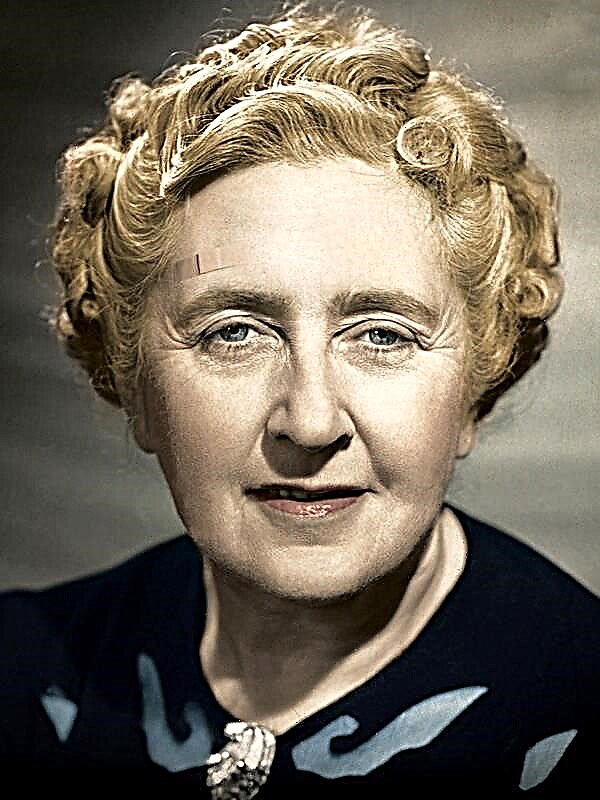



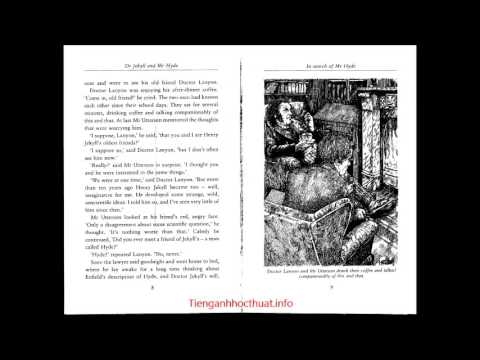 Marianne's Life
Marianne's Life